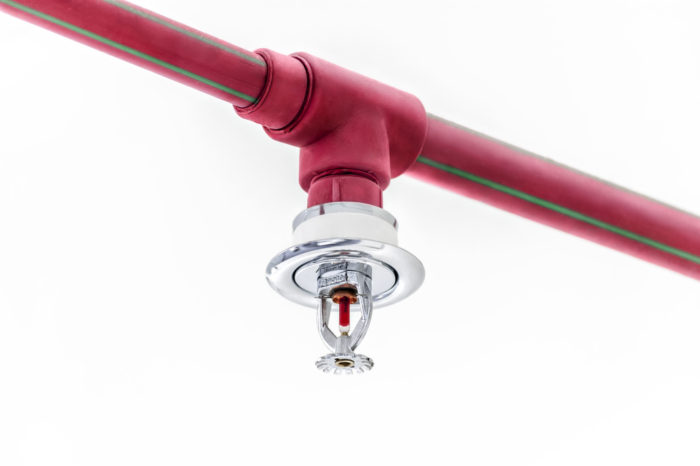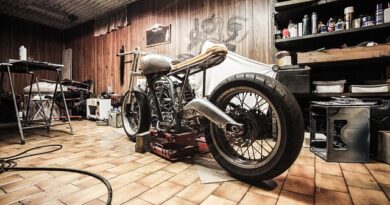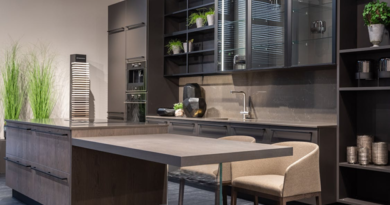
What Went Wrong in the Grenfell Tower in London?
About a month ago, the world was shocked by a massive fire in London. The Grenfell Tower, found in the northern part of Kensington housed mostly government-owned flat for socially endangered citizens, as well as some businesses.
The building caught fire during the night and burned to a shell during the 24-hour long blaze, which is how long it took for the fire to be put out. The death toll and the material damage can be found in numerous news reports and won’t be the focus of this article.
We want to focus on fire safety issues and how some simple changes could have changed the course of this tragedy. Make sure you know what to do in a case of fire by heeding the advice of fire safety experts from Red Truck Fire & Safety Co. found here http://www.redtruckfire.com/in-case-of-fire-just-remember-the-3-as.html.
Old Building
The first thing we can notice in most reports is that the Grenfell Tower was built in the 1970s. This period had much more lax fire safety rules than modern times. What it means is that some questionable practices were not sanctioned and may have led to, or at least contributed to this tragedy.
No Sprinklers
Probably the biggest mistake was the absence of a sprinkler system. These automated systems are designed to activate when a fire is detected, even without people. They are absolutely essential part of fire safety and have been the standard for many years.
Several years ago, the question of fitting sprinkler systems onto high rise buildings was raised in the UK following a (comparably) minor fire which claimed several lives. Sadly, the commission chosen to lead this investigation decided that fitting these systems on all residential buildings is neither practical nor financially feasible and the project was scrapped.
In the wake of the horrific tragedy, however, the priorities seem to have changed, and it has been announced that all high rise buildings in London will be fitted with these. This is reportedly just the first step in the reevaluation of the fire safety protocols.
Poor Insulation
Although sprinklers could have nipped the fire in the bud, the most notorious aspect of this case is definitely the cladding of the building. The building got a ‘facelift’ just last year, allegedly as a part of an effort to make the old and unsightly building more contemporary and easy on the eye of the wealthy neighboring communities.
An expensive cladding around the building was supposed to serve a twofold purpose – insulate the building and make it prettier. The problem arose because of the materials chosen. The outside plating is metal, but the inside insulation is made of polyethylene. If you’re not familiar with this name, you know it better as plastic, like one used in plastic bags.
This material is not as fireproof as the other, more expensive options. What’s more, the quality of the plates installed onto the Grenfell Tower was sub par, creating small gaps between the metal and the building. This gap created the so-called chimney effect which facilitated the spread of fire up and down the building.
This unmitigated disaster shows how important proper fire safety is. The UK is currently in the middle of the biggest fire safety inspection is all government-owned and operated buildings to make sure this kind of incident never happens again. Installing a sprinkler system is just the first step towards fire safety, but it is an important one.
Contact Red Truck Fire & Safety Co. at
5555 Santa Fe St M, San Diego, CA 92109, United States
800-973-3878









